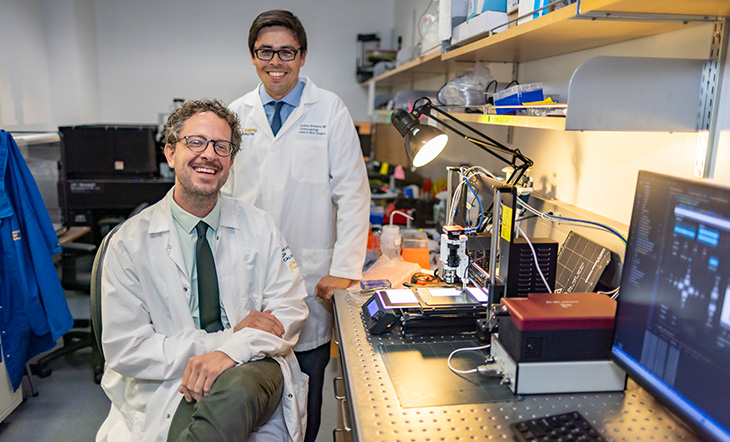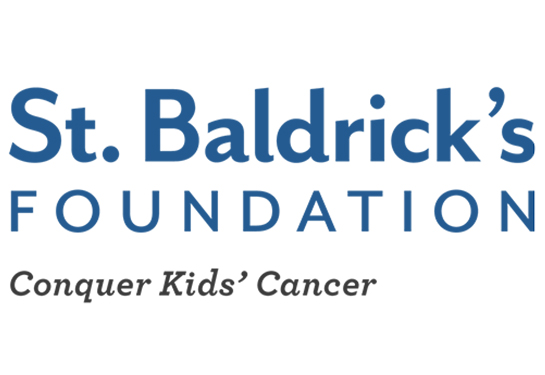New Head and Neck Malignancies Innovation Group launched
36 biomedical engineers, scientists and clinicians team up to find treatment options for these often-debilitating cancers
It takes an army to take on cancer. In the case of the new Head and Neck Malignancies Innovation Group, it is taking a large multidisciplinary team of biomedical engineers, scientists, oncologists and veterinarians attacking the complex types of cancer from every angle.
The group is being led by Andrew Birkeland, a head and neck oncology surgeon based at the medical campus in Sacramento, and Randy Carney, a professor of biomedical engineering on the university’s Davis campus.
“We saw a need to bring together scientists and clinicians to find novel ideas to research very unique but frustrating cancers of the head and neck that can leave survivors with severe quality of life issues,” Birkeland said. “We need advanced treatments that are more effective and are less debilitating.”

Treatment for cancers of the head and neck can leave patients with profound swallowing disorders or the inability to speak. It can also change the way a patient looks and breathes.
“Helping these patients not only survive, but thrive is a priority,” Birkeland said.
The Head and Neck Malignancies Innovation Group meets monthly on a virtual platform. Members also get together separately in teams to develop breakthroughs they can move from the laboratory to clinical trials and then to patient bedsides.
“Think of it as a ‘meeting of the minds’ as we brainstorm outside of the box on new angles to research new treatments,” said Carney, who added that the collaboration between the two campuses is critically important.
The group’s leaders also include internationally renowned head and neck cancer researcher Xiao-Jing Wang, who brought with her the first ever Specialized Programs of Research Excellence grant from the National Cancer Institute when she joined UC Davis in 2022. The prestigious five-year $9.8 million federal grant is intended to translate cancer research into clinical interventions.
UC Davis Comprehensive Cancer Center
UC Davis Comprehensive Cancer Center is the only National Cancer Institute-designated center serving the Central Valley and inland Northern California, a region of more than 6 million people. Its specialists provide compassionate, comprehensive care for more than 100,000 adults and children every year and access to more than 200 active clinical trials at any given time. Its innovative research program engages more than 240 scientists at UC Davis who work collaboratively to advance discovery of new tools to diagnose and treat cancer. Patients have access to leading-edge care, including immunotherapy and other targeted treatments. Its Office of Community Outreach and Engagement addresses disparities in cancer outcomes across diverse populations, and the cancer center provides comprehensive education and workforce development programs for the next generation of clinicians and scientists. For more information, visit cancer.ucdavis.edu.





